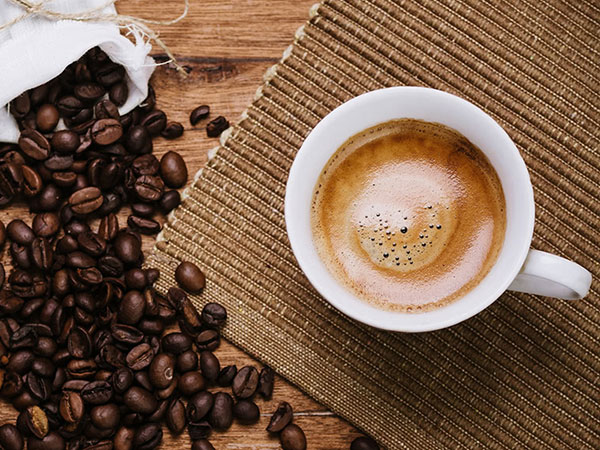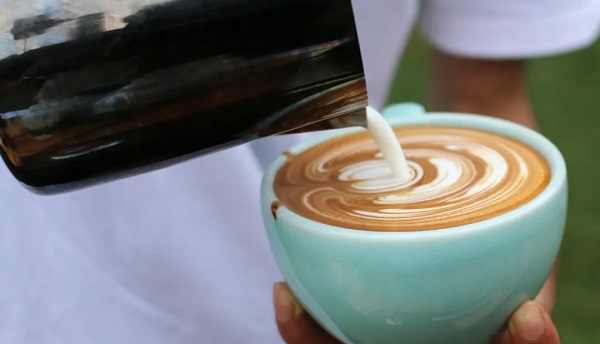Why try not to use “hard water” when brewing coffee?
We all know that water occupies the main ingredient of a cup of coffee, is also one of the important factors that constitute a cup of coffee flavor, only good coffee beans, and no good water, it will not get a cup of good coffee. It can be said that water affects everything from aroma to taste. In daily cooking, we are more concerned about the influence of water temperature on cooking, but in fact, the softness of water also has a great impact on the flavor of cooking.
Water is an excellent solvent, not only composed of pure compounds of hydrogen (H) and oxygen (O), but also substances from the environment and minerals dissolved in drinking water, which affect the taste of coffee. As we all know that the hardness of water depends on the content of calcium and magnesium minerals, the hardness of drinking water in our country is to convert the dissolved calcium and magnesium in the water into calcium carbonate, and the calcium carbonate content per liter of water is used as the unit of measurement. When the content of calcium carbonate in the water is less than 150 mg/liter, it is called soft water. When it reaches 150-450 mg/liter, it is hard water. 450-714 mg/L for high hard water, higher than 714 mg/l for extra hard water.

So why is soft water recommended for coffee? In fact, the hardness of the water affects the characteristics of the coffee. In coffee, magnesium tends to bring a fruity, sour and delicate taste, while calcium brings a more chocolate, creamy and heavy taste. According to the SCA, the optimal water hardness for brewing coffee should be between 75ppm and 250ppm. If the hardness is below this range, the solubility of the coffee compounds may be affected and you may end up tasting underextracted, flat and weak flavors; If the water is too hard, above this range, excessive extraction, imbalance, and bitter conditions will occur.
The most important minerals naturally found in drinking water include calcium, magnesium, sodium and potassium, as well as chloride, sulfate and bicarbonate. Hydrogen carbonate in water has so-called “buffer” chemistry, meaning it neutralises acids, which are key to coffee taste. When the water is hard, it neutralizes the caffeic acid, making the coffee taste bland and bitter. If the coffee is brewed in soft water, it has a perfect balance of acidity and bitterness, resulting in a more delicate aroma and flavor. Other minerals, such as sodium, magnesium, and calcium, play a minor role in the taste of coffee.
At the same time, we should not ignore that if drinking water is not filtered, then the tap water is usually sterilized with a small amount of chlorine. If the water used for coffee already has a chlorine odor, then the coffee is likely to have a chlorine like aftertaste. It may also react with the subtle aroma of coffee, and these interactions can change the aroma characteristics of coffee. In addition, if you are making Italian coffee, hard water is also easy to form scale inside the coffee equipment, which will adhere to the surface of the heater, thereby reducing the heat transfer and temperature stability. The removal of scale is also more troublesome, and the cost is relatively high, which also has an impact on the service life of the coffee machine.










